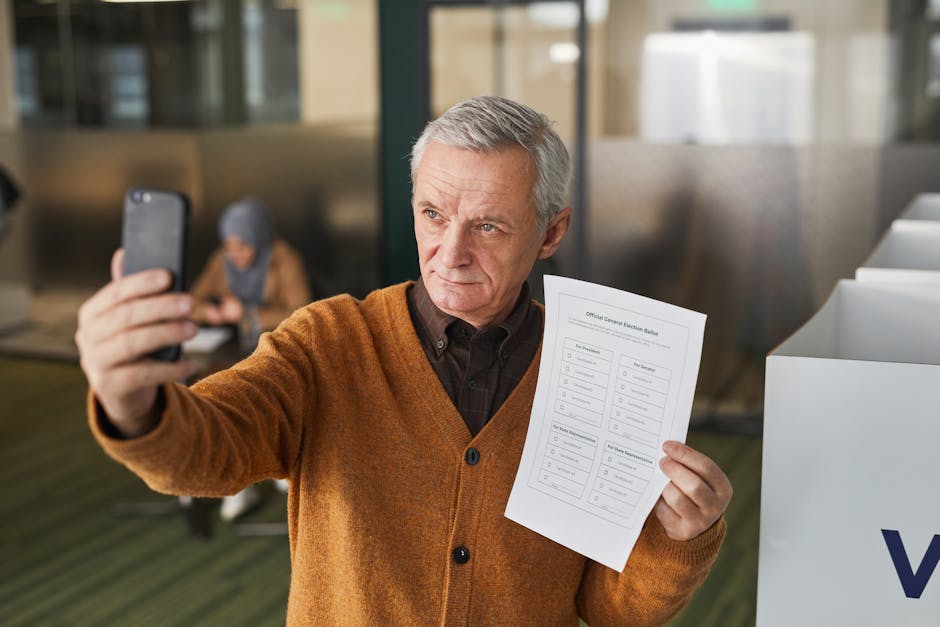Democratic governance, at its core, rests on the principle of popular sovereignty. This fundamental idea postulates that the legitimacy of a government stems directly from the consent of the governed. Crucially, this consent is expressed and reinforced through a process free and fair elections. Without such elections, the very foundations of a democratic society are threatened, leading to instability, social unrest, and the erosion of public trust. This article explores the multifaceted importance of free and fair elections in the context of modern politics and government.
A cornerstone of democratic systems, free and fair elections empower citizens by granting them a direct voice in shaping their future. Citizens are not mere spectators in the political arena; they possess the agency to choose their representatives and hold them accountable for their actions. This active participation fuels a sense of ownership and responsibility towards the governing structure, fostering a more engaged and participatory citizenry. Furthermore, the very act of participating in an election provides a crucial avenue for social cohesion. The shared experience of voting, regardless of personal beliefs, strengthens the fabric of the community and underscores the importance of collective decision-making.
Transparency and Accountability are Central Pillars
Beyond citizen empowerment, free and fair elections are essential for ensuring transparency and accountability within the political process. A transparent election process, with clear rules, accessible information, and rigorous scrutiny, builds public trust in the legitimacy of the results. When elections are tainted by fraud or manipulation, public confidence erodes, potentially leading to social fragmentation and political instability. Conversely, a credible electoral system promotes a degree of accountability within the governing bodies. When elected officials know they are held accountable by the electorate, they are more likely to represent their constituents’ interests and to adhere to democratic norms. This accountability mechanism acts as a powerful deterrent against corruption and abuse of power.
Maintaining Stability and Preventing Conflict
Robust electoral systems play a crucial role in mitigating conflict and maintaining stability within a nation. Regular, fair elections provide a peaceful avenue for the transfer of power. They offer a means for peaceful resolution of political disagreements and a mechanism for change. In the absence of such a system, the potential for political violence and unrest rises significantly. Elections offer an outlet for citizens to express their views and aspirations without resorting to violence or other forms of extra-legal actions. This peaceful outlet is essential for the preservation of a stable and prosperous society.
The Importance of International Recognition
An element often overlooked is the importance of international recognition in safeguarding free and fair elections. When international observers participate in election processes, it adds an extra layer of scrutiny and credibility. Their impartial assessment of the integrity of the process can lend legitimacy to the results, particularly in situations where domestic mechanisms may be perceived as compromised. This recognition, often vital in fostering peaceful post-election transitions, highlights the universal importance of the democratic process.
Furthermore, free and fair elections are linked intrinsically to safeguarding fundamental human rights. These elections ensure that individuals can exercise their right to political participation, freedom of expression, and assembly without fear or intimidation. When these rights are violated, the foundation of a democratic society weakens, and the potential for oppression and authoritarian rule increases.
Limitations and Challenges
Despite the undeniable importance of free and fair elections, challenges persist. Electoral systems can be susceptible to manipulation, fraud, and intimidation, especially in environments where political freedoms are curtailed. Funding imbalances, unequal access to media, and restrictive voter registration procedures can undermine the fairness of the process. Furthermore, the complex realities of political campaigns, and the pressures of modern media coverage, can raise the possibility of misleading information and the exploitation of emotional appeals.
Addressing these challenges requires robust electoral laws and institutions, coupled with public education and awareness campaigns. Independent election commissions, transparent campaign finance regulations, and voter protection measures can all contribute to the integrity of the electoral process. Furthermore, a robust civil society plays an essential role in scrutinising the electoral process and advocating for fair practices.
The Role of Media and Civil Society
An active and independent media plays a critical role in fostering transparency and accountability in elections. Responsible reporting can hold candidates accountable, expose irregularities, and provide citizens with informed choices. A robust civil society, comprised of independent organisations, advocacy groups, and non-governmental organisations, can monitor the electoral process, scrutinize election-related activities, and hold those in power accountable. Their presence and advocacy play a crucial part in safeguarding the principles of free and fair elections.
Conclusion
Free and fair elections are not just procedural matters; they are fundamental to the very essence of democratic governance. They provide a vital mechanism for citizen participation, accountability, and stability. Ensuring the integrity of the electoral process demands sustained effort and a commitment to democratic principles. This effort involves establishing robust electoral systems, independent institutions, transparent regulations, and a vigilant civil society. Ultimately, free and fair elections represent the bedrock of a just and democratic society, where citizens can exercise their rights and have their voices heard, shaping their future and holding their leaders accountable. Maintaining and strengthening these processes remains paramount for the continued flourishing of democratic ideals globally.






